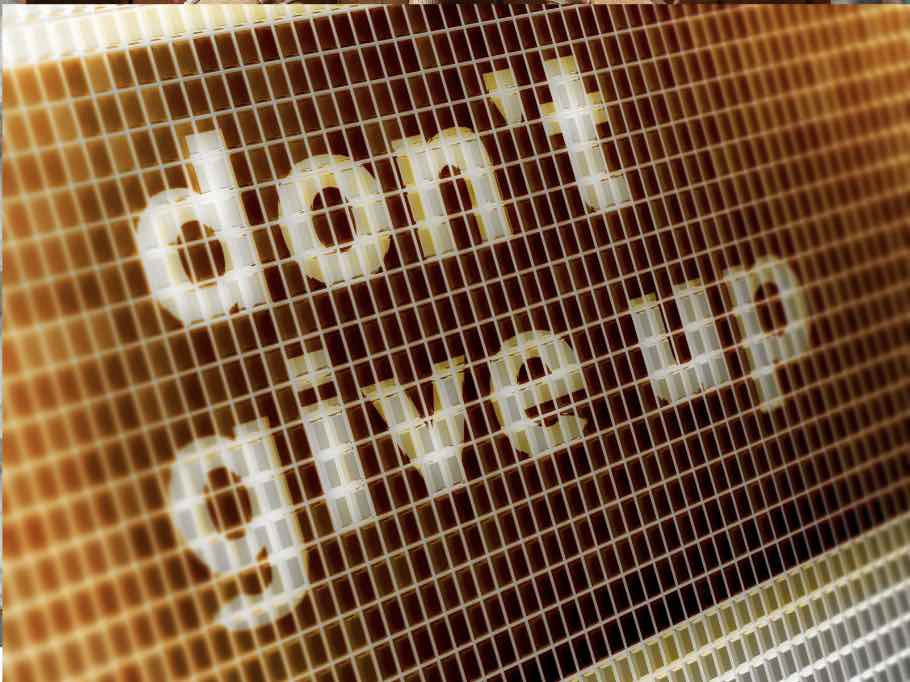In today’s busy world, stress has become a seemingly unavoidable part of life. We have bills to pay, jobs to finish, kids’ schedules to work around, friends who need us, and the list goes on and on. But what is all this stress doing to our brains? Watch this quick 4-minute video and read on.
As the video above explained, when we’re stressed, our sympathetic nervous system is activated. This nervous system is sometimes referred to as our fight-or-flight reflex. If a bear starts to chase you, the stress you feel is converted into adrenaline, and you will be able to divert all your blood and energy into your muscles to get as far away from the threat as possible. So sometimes, stress can be a good thing!
But our bodies were not designed to have our sympathetic, fight-or-flight nervous system activated for long periods of time. When it is, this is what we call chronic stress. Cortisol is a stress hormone that is continuously released when we are experiencing chronic stress, and it can really wreak havoc on our bodies if left unchecked.
Increased levels of cortisol (stress) in your body can lead to atrophy (shrinking in the brain), premature brain aging, and can also speed up dementia diseases like Alzheimer’s. Chronic stress can also make it harder to recall memories, learn new skills, and even problem-solve.

So what can we do?
Reading all of that can be intimidating! It’s obvious that stress isn’t great for our brains or our bodies, but what can we do about it? Are we powerless to stop the cycle?
The answer is (and I hope you guessed it) NO! There are lots of things we can do to combat stress, and practicing what psychologists call “mindfulness” can be a big one. Mindfulness just means we’re focusing on the present moment, and not wasting all our time, effort, and energy on the past, an area we can not change, or on the future, an area in which we can’t predict.
“Therefore do not worry about tomorrow, for tomorrow will worry about itself. Each day has enough trouble of its own.” — Matthew 6:34
Decreasing our workload can also help greatly with stress. If we’re honest with ourselves, we have the power to say no 100% of the time, but we don’t often use it. You’re not a bad Christian or mother or friend if you can’t help out and be a part of every little thing your church child or family member does, so give yourself some grace and practice the ancient art of saying no.
Eating a balanced diet that avoids high-fat, high-sugar foods will also do wonders for our body, brain, and stress levels. Another great de-stressor can be exercised. Getting in even 20 minutes of physical activity a day can do wonders for our brains and bodies. Check out the list below for other ways you can help yourself de-stress:
- Dancing
- Laughing
- Taking a moment to enjoy a cup of tea
- Taking deep breaths
- Turning off all your electronics
- Picking up a book (and not your phone) before bed
- Having a sleep schedule
- Chatting with a friend on the phone
- Stretching
- Singing
- Avoiding caffeine
- Take a short walk
- Spend time with an animal
- Keep a gratitude journal
- Practice the art of ‘letting go’
- Chew some gum (chewing gum has actually been shown to reduce the levels of cortisol in the body!)
- Get a massage
- Spend some time in nature
- Make sure you’re not checking your email right before bed/right when you wake up
- Light scented candles or use essential oils
And, of course, JESUS!
Jesus is our greatest friend, comforter, and caretaker, so spending time with him and keeping our minds focused on his kingdom and not our circumstances will do wonders for all types of stress.
So this week, try and take some time to simply rest and be. Light some candles, take out a journal or a bible, and let yourself relax. It’s not selfish to allow yourself time to relax – you’re body and brain depend on it!











